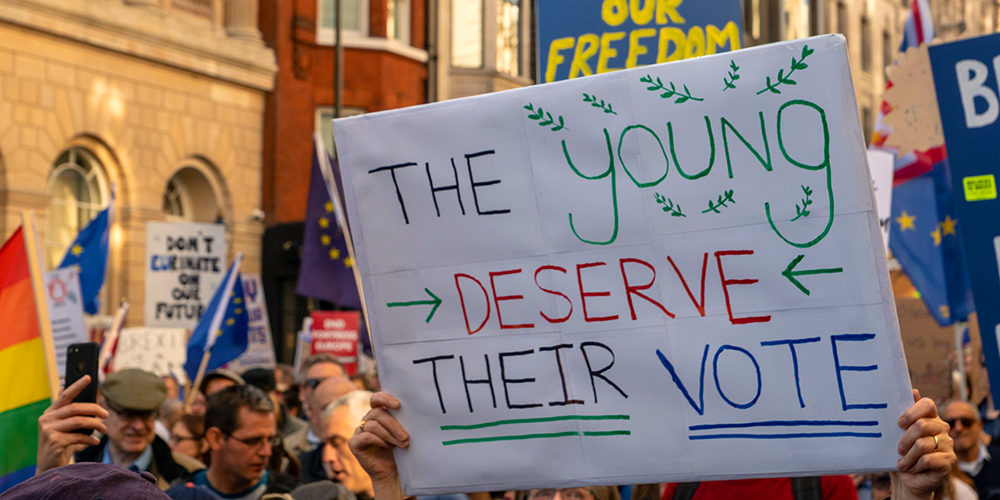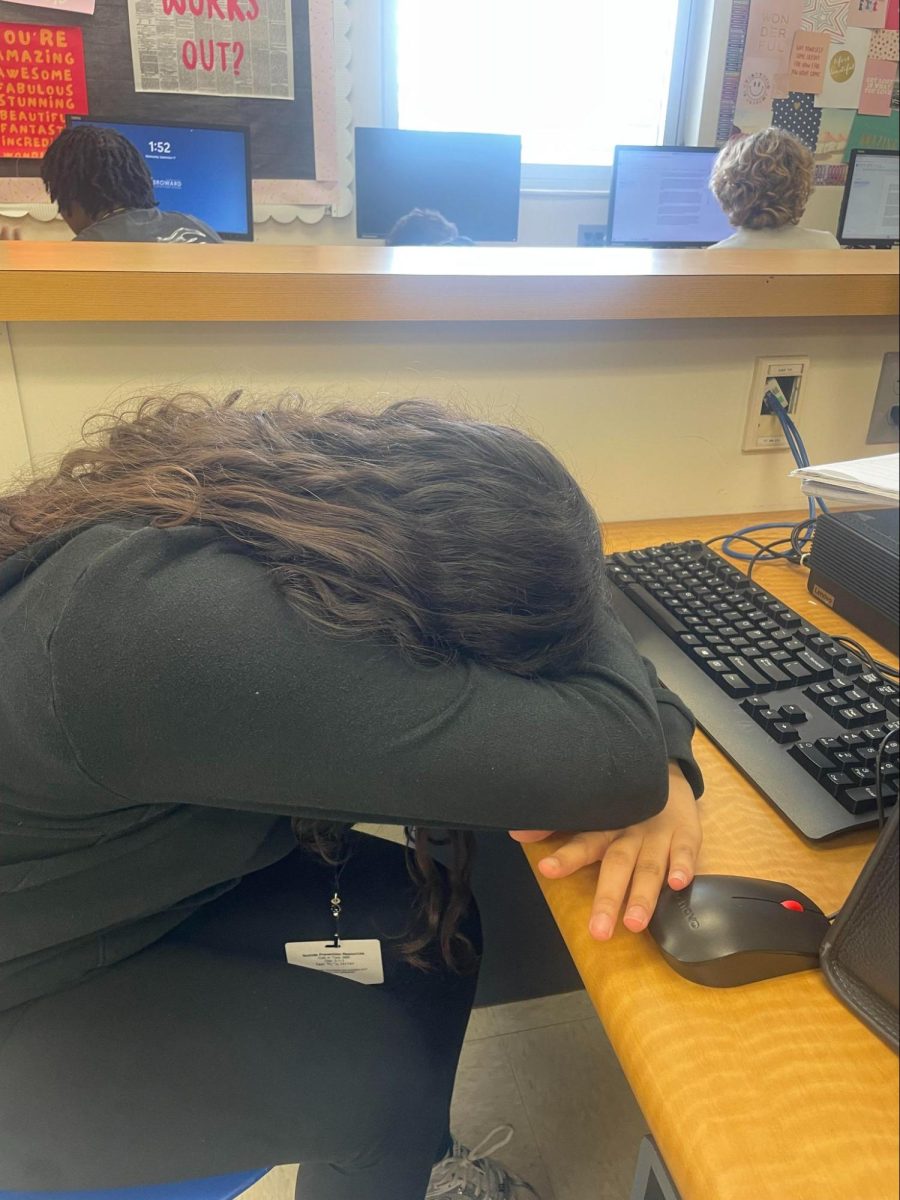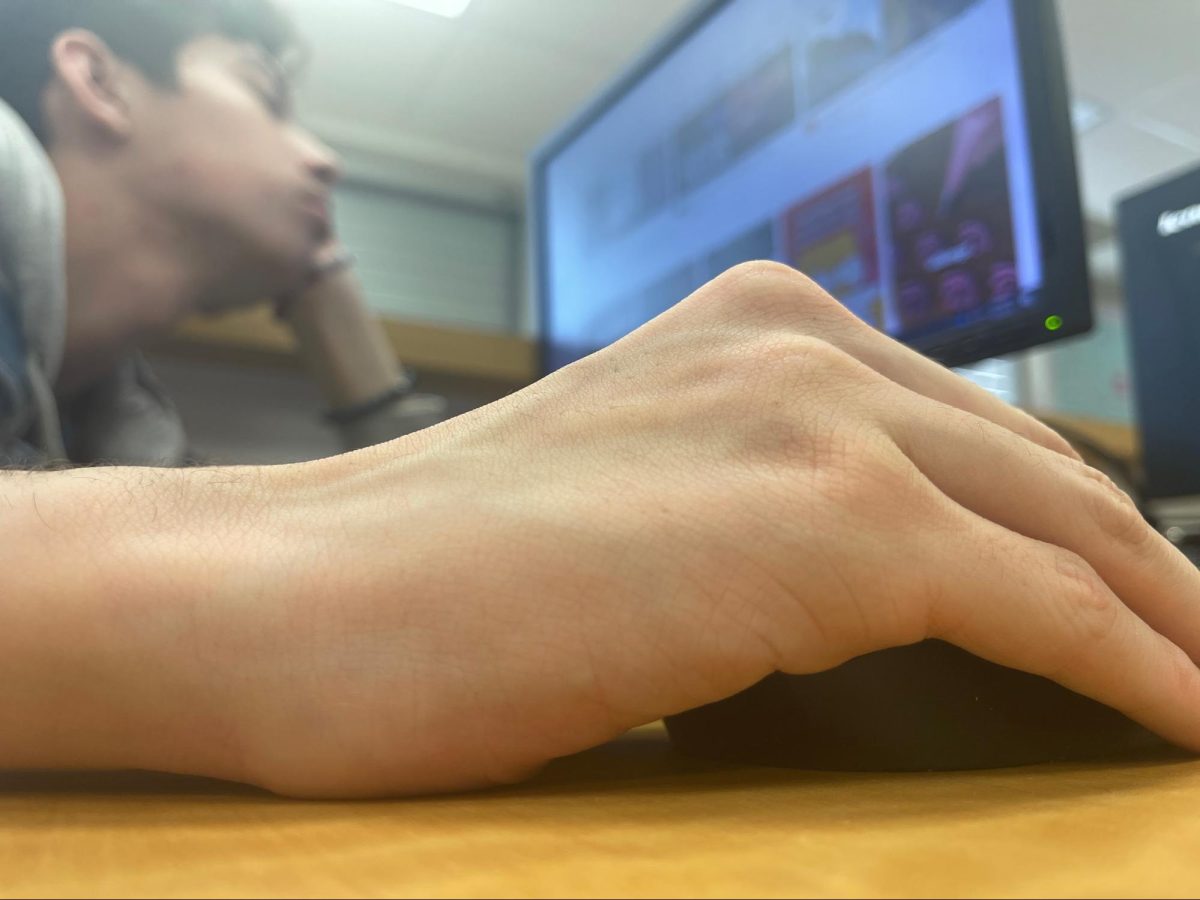Mental health has become a major focus in recent years, with more people openly sharing their experiences and seeking help. Throughout the years, attitudes towards mental health have shifted away from stigma, thanks to the progressive views of younger generations. While it’s rewarding to see everybody discussing this important issue, a recent trend has surfaced, causing concern amongst many: supplement dependency in teens. Rather than seeing a therapist, teens have turned to vitamins and other self-help remedies for an instant fix. The youth must understand the importance of self-care, but have they taken it too far this time?
Supplements like melatonin and cannabidiol have become the top choices for many teens, not only because they are conveniently available at local grocery stores but also because vitamin companies market them as a ‘natural fix’ to serious mental health issues such as anxiety, depression, and stress. Some may see this as the superior option when it comes to choosing between different ways to deal with these issues because they might find more traditional methods of coping, such as therapy, to be a waste of time and money.
Social media has been a prominent driving force behind the rise in popularity of supplements. With huge influencers marketing these products to their audience as self-care essentials, young teens are left under the impression that they are necessary for daily life.
The growing social and academic expectations have put a lot of pressure on today’s youth, primarily because adolescence is a major transition period. From middle school to high school, most scholars are forced to shift their internal clock, as the school day begins earlier. This is where supplements like melatonin come in handy. Melatonin is a hormone already produced in the brain in order to regulate the sleep cycle, so by taking it in excess or for a prolonged period of time, teens run the risk of completely messing up their bodies perception of time.
“It is clear to see that teens are using various products to help with their mental health, however it is only causing more harm. Utilizing other applications like trusted adults, therapists, doctors, and prescribed medication will impact the teen’s health in the way intended.” States sophomore, Rylee Polich.
Sleep is not the only area where teens feel some extra support is needed. Many students have reported feeling symptoms of anxiety due to heavy course loads along with the constantly changing social scene. As a result, many have turned to cannabidiol, more commonly referred to as CBD, to help manage their stress. Legal in all 50 states, this supplement has been shown to help provide relief when it comes to insomnia, chronic pain, and anxiety. Although this compound has shown promising results in treating mental health, it is still fairly new, so there isn’t much information on the long-term side effects.
“I don’t think it’s inherently wrong to use supplements once in a while, and for some people they can be a great help, but once it comes to the point of dependency it can become an issue.” Says Isabella Davalos, a sophomore. “But I do believe that many people who don’t necessarily need these types of supplements do tend to abuse them, which can be a problem.”
While these supplements are marketed as natural and safe, their usage among teenagers carries certain risks. For instance, most supplements are not heavily regulated because there is a lack of information to determine exactly how much is safe to be consumed and for how long. Not to mention, taking supplements without guidance may lead to adverse reactions, like a hormone imbalance while taking melatonin. Overall, these products do come with their risks, which should not be ignored. It is always recommended to consult a physician or research to come to an informed conclusion on whether or not supplements are the answer.








![[Photograph of an Italian sandwich] Photo Creds: https://www.thepioneerwoman.com/food-cooking/recipes/a42398453/italian-sandwich-recipe/](https://cghstheprowl.com/wp-content/uploads/2025/10/image1.png)











































